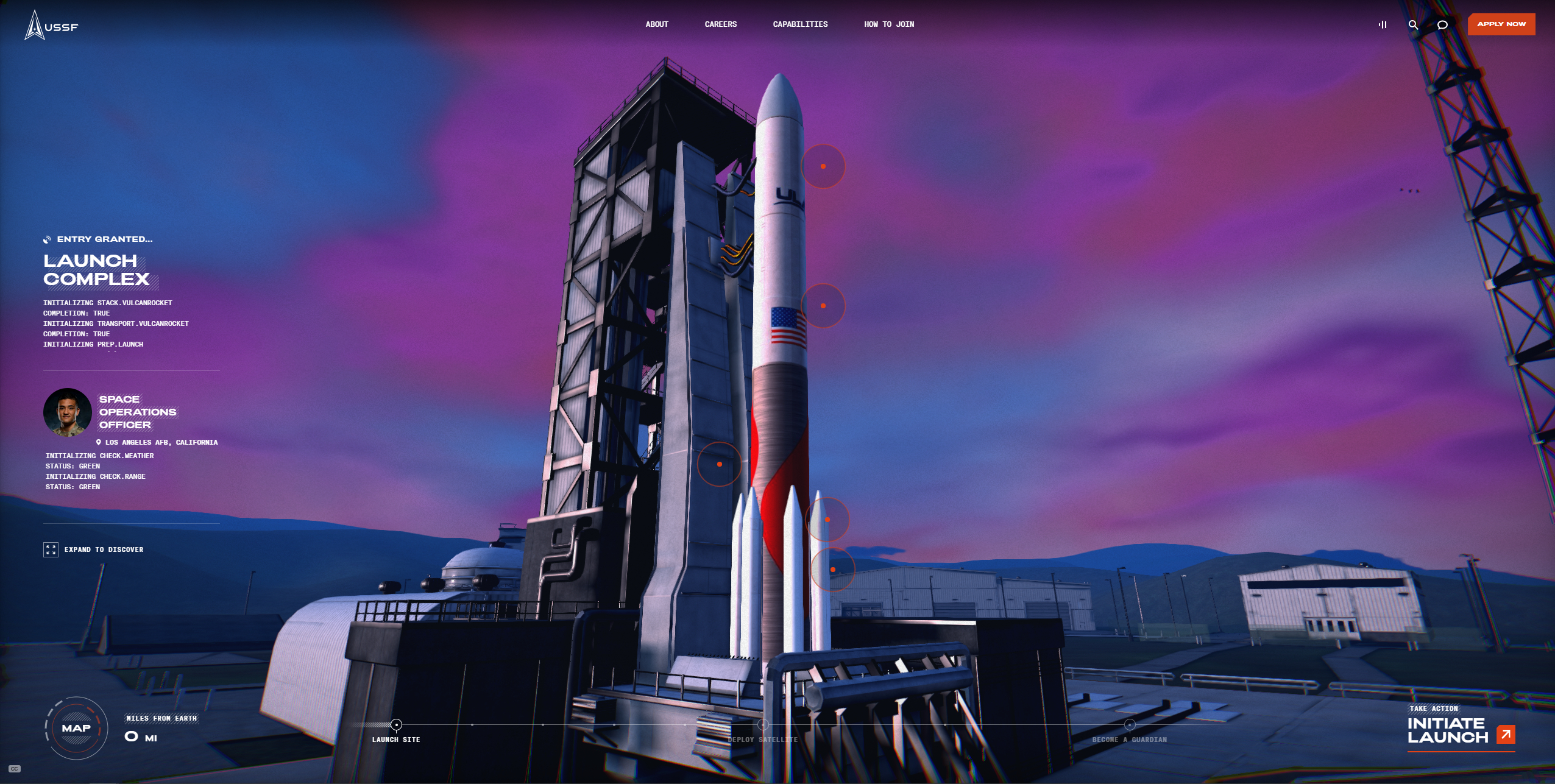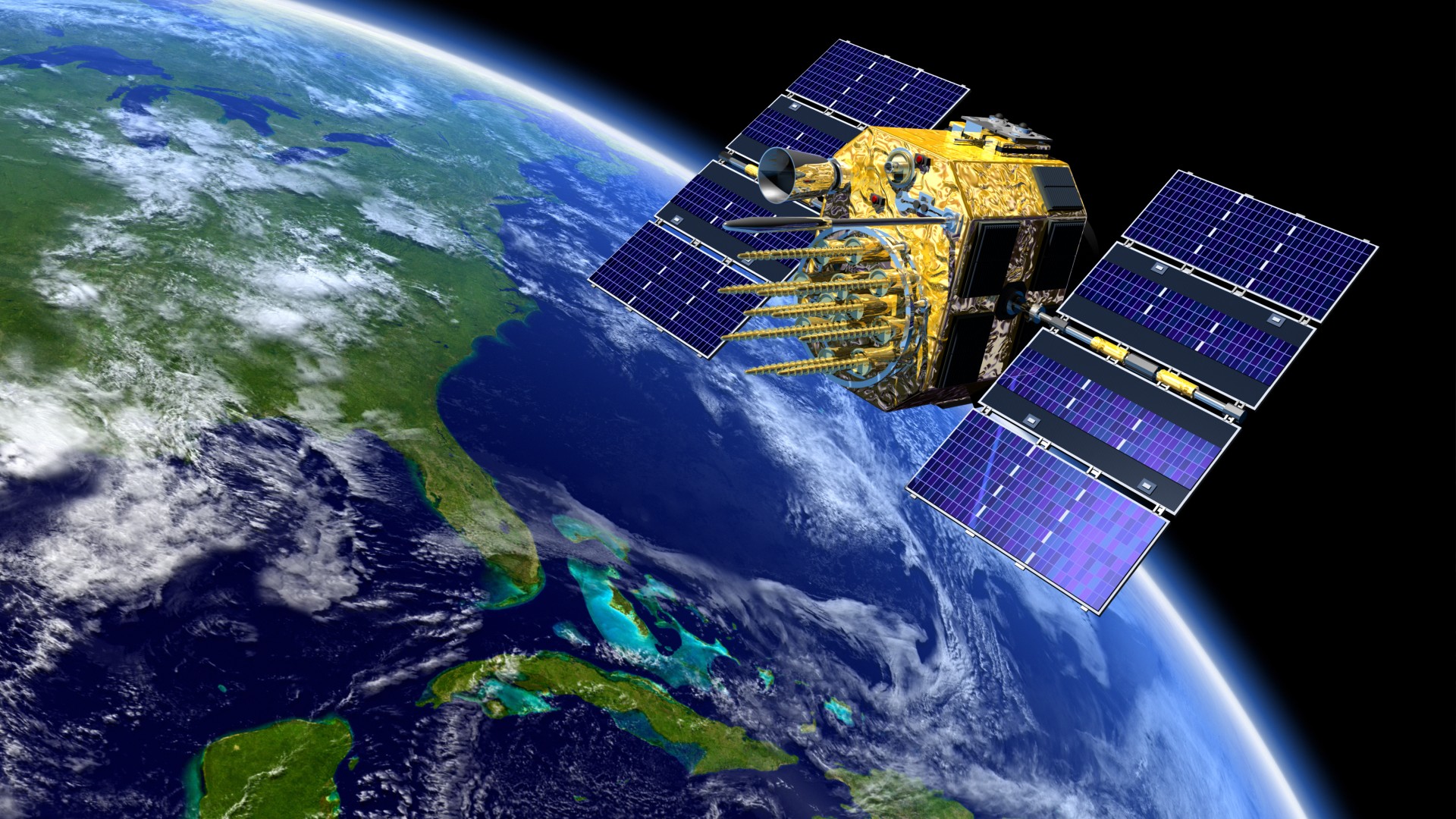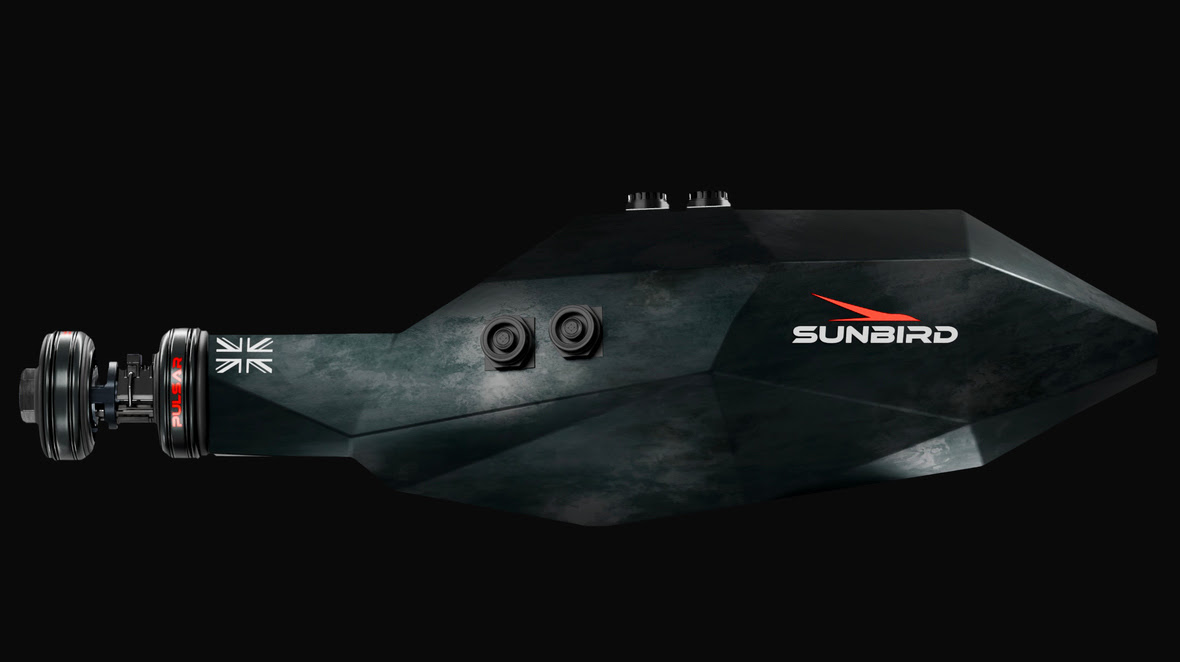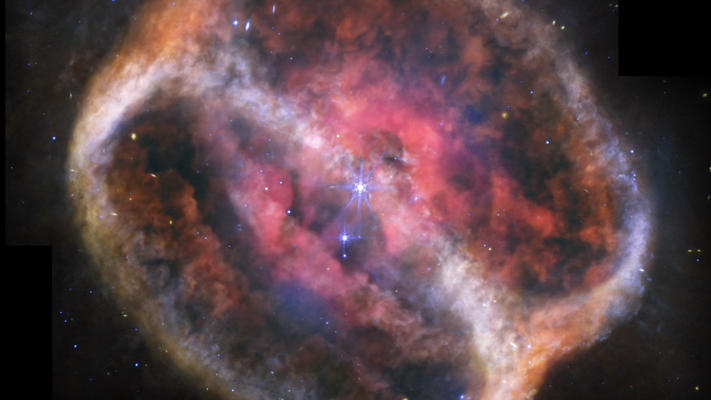US Space Force launches new recruitment site with flashy Vulcan Centaur rocket
'Space is closer than you think.'

A near-future rocket launch is the keystone of the newest U.S. Space Force recruiting website.
Space Force launched a fresh website face this week, featuring an interactive animation of a United Launch Alliance Vulcan Centaur rocket sending a GPS satellite into space.
The Vulcan Centaur rocket's long-awaited first flight is expected in the first quarter of 2023. Curiously, however, the next GPS launch is actually going to be on a SpaceX Falcon 9 rocket no earlier than January, the military has said.
"Space lift team: heading to the launch pad momentarily," the new Space Force recruiting website animation announces as the more than 200-foot (61-meter) Vulcan rocket stands ready. At your command, the rocket launches into space and gets ready to deploy the GPS satellite.
Related: US Space Force practices 'space combat tactics' to win a European conflict
Clickable options allow you to learn about the parts of the rocket or satellite, as well as associated careers. The campaign is all part of Space Force's newest recruiting push, not that they are suffering for opportunities: "We have more volunteers that we have spots to fill," Lt. Gen. Bradley Saltzman told the Senate Armed Services Committee in September, according to the Air Force Times.
Saltzman added their recruitment issue is not so much sheer numbers, but qualifications, as new guardians require "highly skilled technical experts to be brought in to do these important critical missions."
Get the Space.com Newsletter
Breaking space news, the latest updates on rocket launches, skywatching events and more!
In November there were roughly 8,400 personnel in Space Force, which is the smallest and youngest of the U.S. military branches, according to Defense One.

Space Force is in the middle of refreshing the GPS fleet, and current launch schedules suggest that the Vulcan Centaur will first be used in 2024 to launch GPS III-07, nicknamed Sally Ride after the first NASA female astronaut who flew into space. (After Ride's death, it was revealed she was the first known queer astronaut as well.)
ULA was the sole supplier for military GPS launches for decades, using the Delta II, Delta IV and Atlas V rockets. SpaceX's first GPS launch was in December 2018 that kickstarted liftoffs of the GPS III advanced satellites. That launch marked the company's first official "National Security Space" mission — a designation assigned to launches deemed critical to national defense.
In August 2020, the U.S. Space Force and Air Force jointly selected ULA and SpaceX for military launch contracts that could be worth billions, and that are expected to send satellites to space through 2025. ULA received 60% of the satellite launch contracts and SpaceX received 40%. At the time, Vulcan was expected to make its first flight in 2021.
Elizabeth Howell is the co-author of "Why Am I Taller?" (ECW Press, 2022; with Canadian astronaut Dave Williams), a book about space medicine. Follow her on Twitter @howellspace. Follow us on Twitter @Spacedotcom or Facebook.
Join our Space Forums to keep talking space on the latest missions, night sky and more! And if you have a news tip, correction or comment, let us know at: community@space.com.

Elizabeth Howell (she/her), Ph.D., was a staff writer in the spaceflight channel between 2022 and 2024 specializing in Canadian space news. She was contributing writer for Space.com for 10 years from 2012 to 2024. Elizabeth's reporting includes multiple exclusives with the White House, leading world coverage about a lost-and-found space tomato on the International Space Station, witnessing five human spaceflight launches on two continents, flying parabolic, working inside a spacesuit, and participating in a simulated Mars mission. Her latest book, "Why Am I Taller?" (ECW Press, 2022) is co-written with astronaut Dave Williams.









